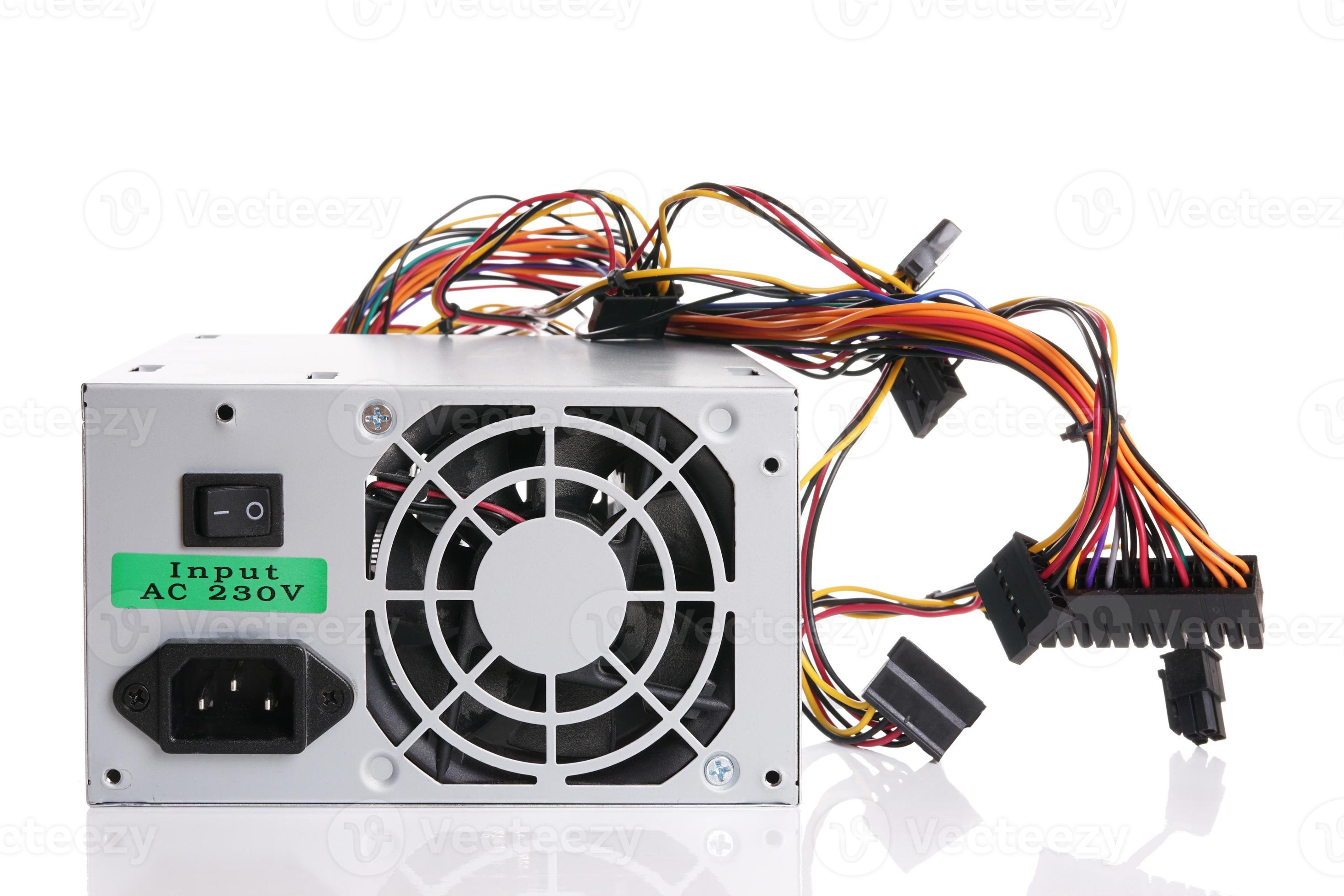Exploring the Role of Power Supply Units (PSUs) in Computer Hardware sets the stage for understanding a fundamental yet often overlooked component of modern computing. As the backbone of any PC system, PSUs convert electrical power from an outlet into usable voltage for all computer parts, ensuring stability and performance. Their significance extends beyond mere power delivery, influencing the efficiency, reliability, and longevity of hardware.
The intricacies of PSUs involve various factors including wattage, efficiency ratings, and modularity, each playing a crucial role in system design and user experience. From gaming rigs to workstations, the choice of a power supply can make or break a build, making it essential for enthusiasts and professionals alike to appreciate their functionality and impact.
In the ever-evolving landscape of technology, it’s fascinating to observe how innovations unfold and shape our daily lives. One of the most profound transformations has been the rise of artificial intelligence (AI). Over the past decade, AI has transitioned from a niche academic topic to a central element of many industries, influencing everything from healthcare to finance, and even the way we interact with each other.At its core, artificial intelligence refers to the simulation of human intelligence in machines programmed to think and learn like humans.
The concept isn’t particularly new; however, its application has accelerated remarkably. Early forms of AI can be traced back to the mid-20th century, with researchers exploring the possibilities of computational machines that could solve problems and make decisions. Fast forward to today, and we see AI seamlessly integrated into various platforms, enhancing efficiency and decision-making across sectors.One of the primary drivers of AI’s growth is the vast amount of data generated daily.
In our hyper-connected world, data is produced at an unprecedented rate. Every click, search, and interaction provides valuable insights. AI algorithms thrive on this data, employing machine learning techniques to analyze patterns and derive conclusions that would take humans a considerable amount of time to decipher. This capability not only accelerates processes but also enhances accuracy, making AI an invaluable asset for businesses.In the realm of healthcare, for instance, AI has made significant strides.
Through machine learning, algorithms can analyze medical images with remarkable precision, assisting radiologists in diagnosing conditions such as cancer at earlier stages. Moreover, AI-driven predictive analytics can forecast patient outcomes, enabling healthcare providers to tailor personalized treatment plans. This proactive approach not only improves patient care but also reduces costs associated with late-stage interventions.The financial sector is another domain where AI’s influence is profound.
Banks and financial institutions employ AI algorithms for fraud detection, risk assessment, and customer service. By analyzing transaction patterns, these systems can identify anomalies that indicate fraudulent activity, safeguarding both consumers and businesses. Additionally, chatbots powered by natural language processing are transforming customer service, offering 24/7 assistance and answering queries with speed and accuracy.However, while the benefits of AI are substantial, there are also challenges and ethical considerations that warrant attention.
As machines become more autonomous, questions arise regarding accountability and the potential for bias in algorithms. For instance, if an AI system trained on historical data reflects societal biases, it may perpetuate those biases in its decision-making processes. The challenge lies in ensuring that AI systems are transparent, fair, and accountable, fostering trust among users.Another significant concern is the impact of AI on employment.

As automation becomes more prevalent, there is a growing fear that jobs could be displaced. While it’s true that certain roles may become obsolete, many experts believe that AI will also create new job opportunities. The challenge for the workforce will be to adapt and reskill to meet the demands of an AI-driven economy. Emphasizing education and training will be crucial in helping individuals transition into roles that complement AI technologies.Moreover, the integration of AI into our daily lives raises questions about privacy.
As AI systems collect and analyze personal data, individuals must consider how their information is being used. Striking a balance between harnessing the power of AI and protecting user privacy is essential. Implementing robust data governance frameworks can help mitigate risks and ensure that personal information is handled responsibly.Looking ahead, the future of AI holds immense promise. Continued advancements in deep learning, natural language processing, and robotics are likely to revolutionize industries even further.
As AI systems become more sophisticated, they will enhance collaboration between humans and machines, leading to innovative solutions to complex problems.For instance, in the field of environmental conservation, AI can play a pivotal role in monitoring ecosystems and predicting climate patterns. By analyzing data from satellites and sensors, AI algorithms can identify areas at risk of deforestation or biodiversity loss, enabling proactive measures to protect our planet.
This intersection of technology and environmental stewardship illustrates the potential for AI to drive positive change.Moreover, the creative industries are also experiencing a renaissance thanks to AI. Artists and musicians are leveraging AI tools to explore new avenues of expression. AI-generated art and music challenge traditional notions of creativity, prompting discussions about the role of machines in the creative process.
This synergy between human creativity and machine intelligence opens up exciting possibilities for innovation.In conclusion, the journey of artificial intelligence is just beginning. Its impact will continue to unfold in ways we can only begin to imagine. As we embrace these advancements, it is essential to approach them with a sense of responsibility and foresight. By prioritizing ethical considerations and fostering collaboration between humans and machines, we can harness the full potential of AI to create a future that benefits society as a whole.
As we navigate this transformative landscape, let us remain vigilant and proactive in shaping the narrative of technology in our lives.




